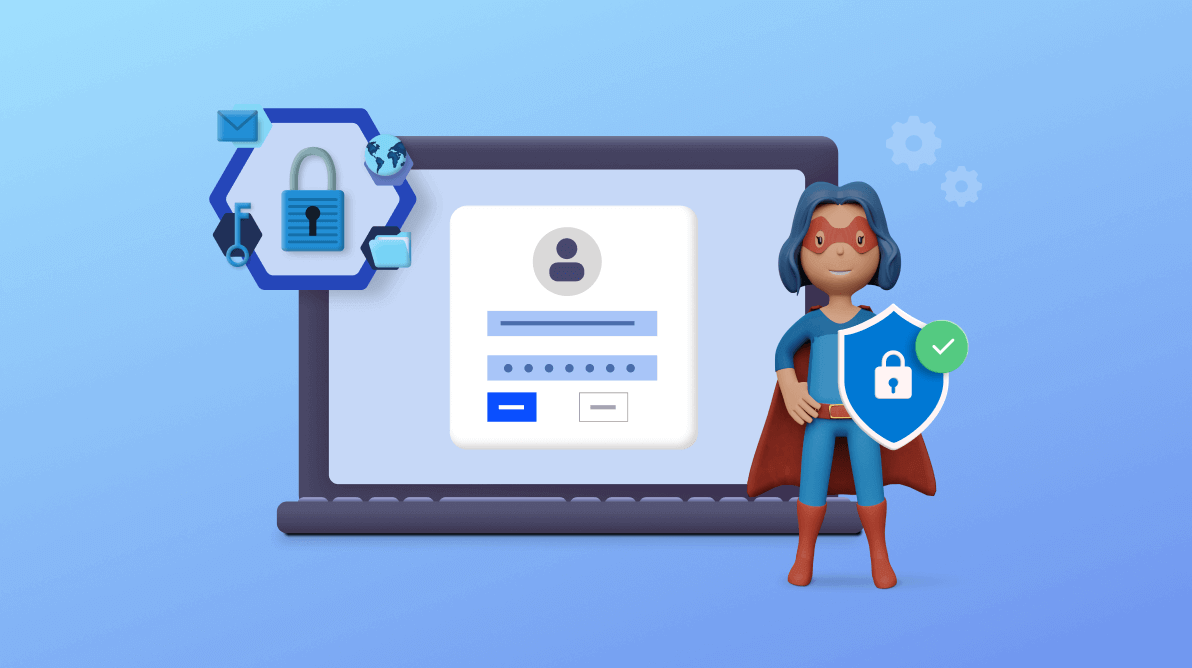Nowadays, it’s easy to get overwhelmed by new technologies that seemingly infiltrate new aspects of our lives every day. With every new technology, new risks and unintended consequences arise, whether it’s the latest smartphone or an AI-powered speaker. In the quest for newer and better technology, there are often gaps in our protections as individuals. This is why it is important to protect yourself and your data in the world we live in today.
As technology advances exponentially, cybersecurity practices aim to keep pace with these new advances. Cybersecurity is no longer a buzzword or reserved for those who have top-secret files on hand. Cybersecurity is essential for all of us to protect ourselves and our loved ones from bad actors.
Cybersecurity: An overview
Cybersecurity refers to the practice of protecting systems, networks, mobile devices, data, computers, and more from digital attacks. Cyberattacks are usually aimed at accessing, changing, or destroying sensitive information. They can be used to extort money from people, interrupt business practices, or even disrupt government activities. Implementing cybersecurity measures in your day-to-day life is vital to safeguarding your data.
Simple cybersecurity practices to implement
- Enable automatic security updates: It can seem annoying when your phone or computer sends you a notification to update the newest software frequently. However, these software updates often contain security patches to fix software vulnerabilities.
- Back-up data: Backing up your data is another essential nuisance. It’s easy to put it off because it can seem time-consuming. Still, with cloud technology available on most computers and phones these days, it’s genuinely more accessible than ever to ensure that you regain most of your data if something happens to your device.
- Talk to your family members: Cybersecurity is a great topic to start having with your loved ones. Whether it’s as small a topic as telling a sibling to change their password from “1234” or a bit of a scarier topic like implementing a secret code word in case cybercriminals attempt to impersonate you on the phone using AI voice-generating technology to extort your family members, it’s important to discuss it.
- Review existing online accounts: If you ever feel like getting an endless stream of marketing emails, it may be time to set aside an hour and review all the sites you have accounts with. When reviewing, you may find many accounts you signed up for years ago with no recollection. Having an account on a website often means they have some of your data. This could include your name, phone number, address, or even credit card information. Deleting unnecessary accounts helps minimize your exposure to data leaks.
- Implement strong passwords: If you have found yourself using the same password repeatedly. It’s important to review your accounts and ensure that you have a variety of passwords.
- Utilize firewalls: This may seem a bit daunting, but on many computers, a firewall system is built into the existing software. If that is the case with your computer, you only need to go to your settings and click enable. There are many different types of firewalls, and it can be helpful to do continued research to find what works best for your needs, but a built-in one can be a great starting point.
Conclusion
All in all, there is no one-stop cybersecurity solution that will protect us from all risks. However, even by taking a few simple steps, you can increase your protection and minimize potential losses if the worst happens.
At Syncfusion, we are committed to providing robust security within our software components and actively contributing to the culture of cybersecurity awareness. By staying informed and implementing best practices, we can collectively work towards a more secure digital ecosystem.
Related blogs
- Why Security Matters to Syncfusion and its Customers
- Achieve Regulatory Compliance with Ease: How Syncfusion Components Can Help
- HIPAA Compliance Made Simple with Syncfusion
- Shield Your ASP.NET MVC Web Applications with Content Security Policy (CSP)
- Top 5 Best Practices for Angular App Security
- Log4j Vulnerability- A Giant Security Threat
